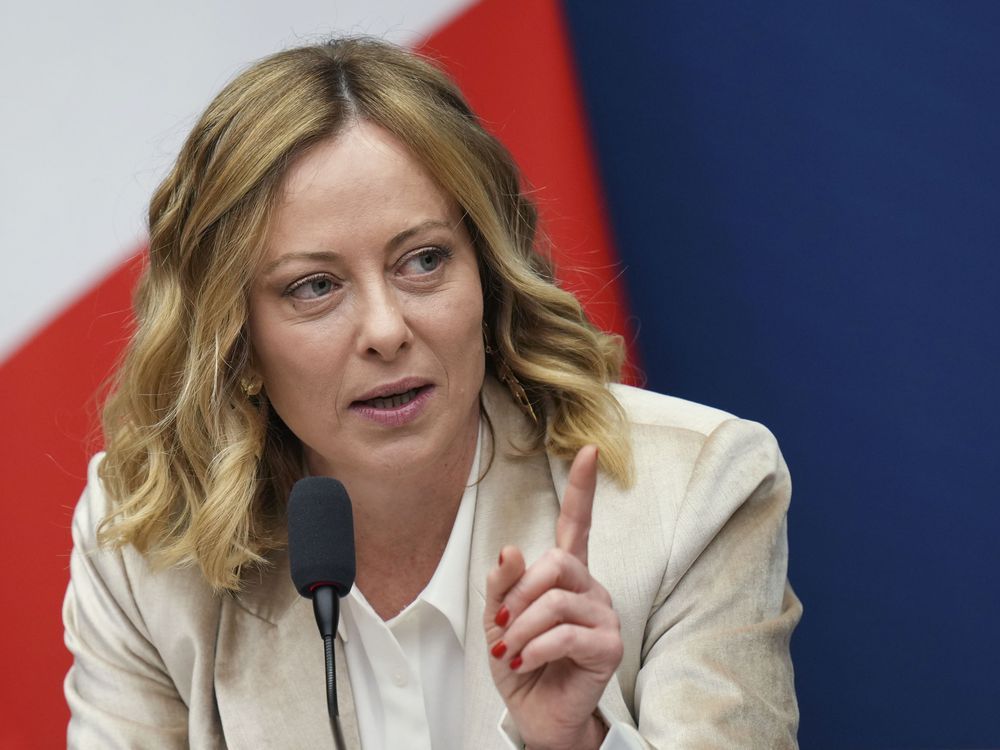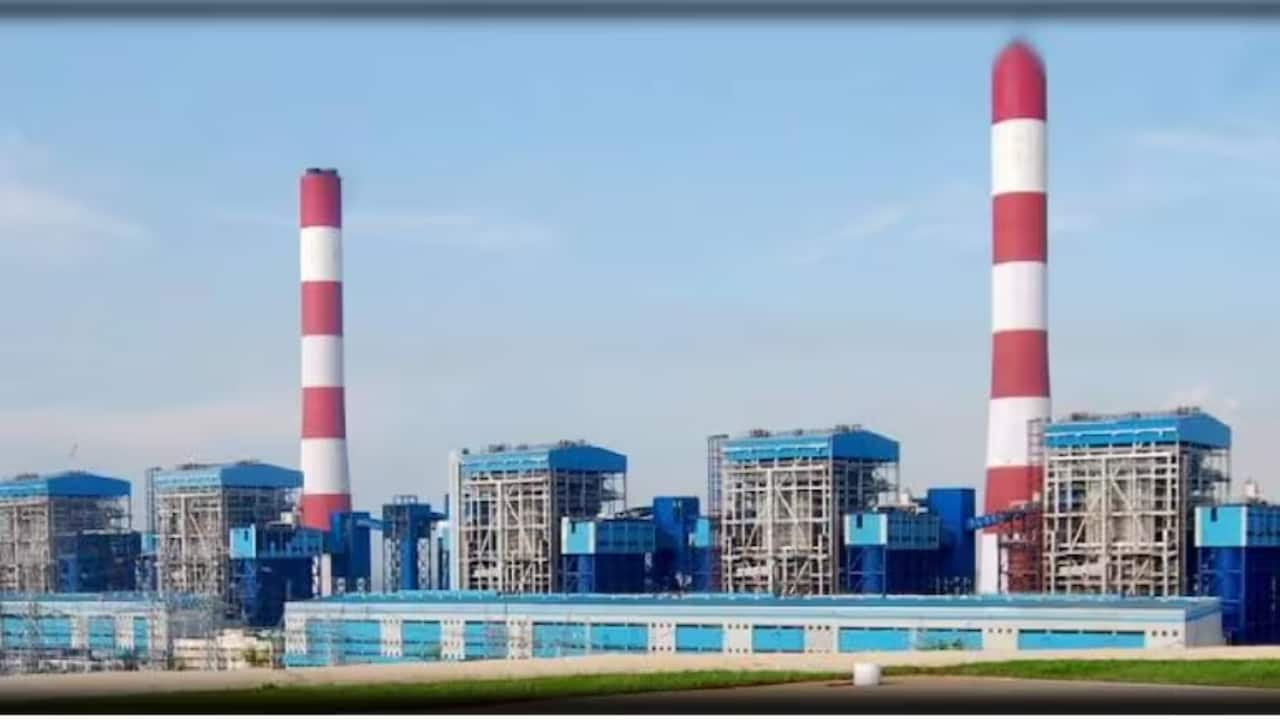Dutch pension funds are grappling with significant financial strain as stock markets slide and interest rates remain low, ING warns. With critical pension system reforms on the horizon, funds are closely watching how global markets and interest rates develop in the coming months. ING refers to the current market environment as a "perfect storm" for pension funds, triggered by stock market volatility and falling interest rates, particularly following U.
S. President Donald Trump’s trade war. Pension funds gauge their financial health by using the coverage ratio, which measures whether they have enough assets to cover both current and future pension obligations.

A coverage ratio of 100 percent means a fund's assets match its liabilities. The coverage ratio is calculated by dividing the value of a fund’s investments by the value of its pension obligations. Pension funds are facing a dual challenge: a drop in stock prices is shrinking the value of their investments, while lower interest rates are increasing the value of their pension obligations.
ING estimates that recent market turmoil has already reduced the average coverage ratio by 4 percent. This situation is similar to the early stages of the COVID-19 pandemic and the aftermath of the 2008 financial crisis, when many pension funds saw their coverage ratios fall below 100 percent. Currently, ING estimates the average coverage ratio for Dutch pension funds at 114 percent.
However, if stock prices continue to fall, this ratio could drop to 100 percent. Some major funds, including ABP, already have coverage ratios below the average and risk seeing their ratios approach the critical 100 percent threshold. If a fund’s coverage ratio falls below 100 percent, it could complicate a smooth transition to the new pension system.
Pension Fund for Healthcare and Welfare (PFZW) is reportedly closely monitoring the situation but has reassured its members that the decline in stock prices has not yet affected pensions, which are already set for 2025. PFZW also states that current market conditions have not impacted its transition to the new pension system. Similarly, ABP is keeping a close eye on developments, taking a long-term investment approach.
"We invest for the next 20 to 60 years, which gives us a different perspective on political and economic events compared to investors focused on short-term market changes," ABP said..
Top

Dutch pension funds struggle amid market turmoil and low interest rates, ING warns

Dutch pension funds are grappling with significant financial strain as stock markets slide and interest rates remain low, ING warns.











